The questions facings Chinese investments in troubled Bandar Malaysia
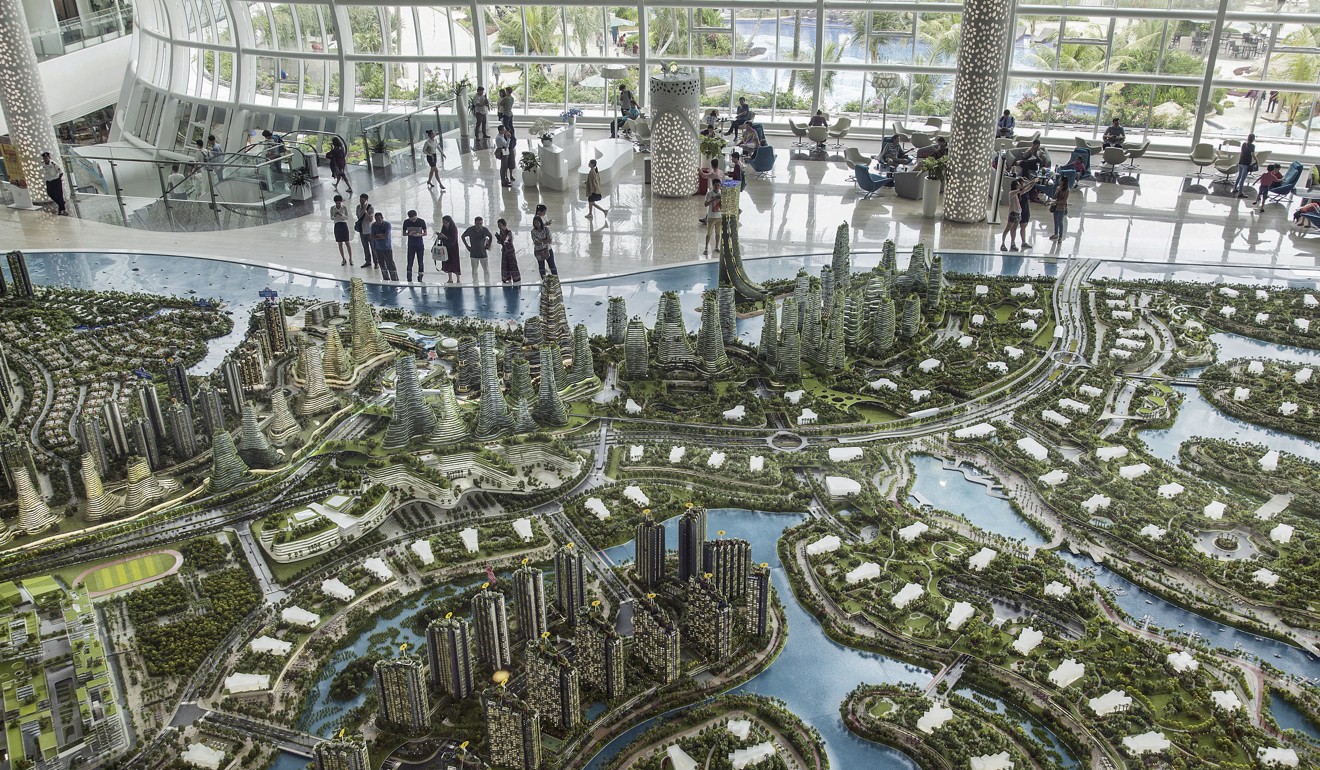
CHINA’S DALIAN WANDA ‘IN TALKS’ FOR STAKE IN BANDAR MALAYSIA PROJECT
Deal regarding the project formerly owned by troubled 1MDB state investment fund may be sealed at Beijing’s Belt and Road Forum this weekend
China’s Dalian Wanda Group is in talks with Malaysia to take a major stake in a multibillion dollar property project in Kuala Lumpur, sources say, with some suggesting the deal could be inked as early as this weekend, at the Belt and Road Forum in Beijing.
A Malaysian government source told This Week in Asia talks were ongoing between the property and entertainment conglomerate and the Malaysian government regarding the Bandar Malaysia development, but declined to provide further details.
Singapore’s Straits Times newspaper on Tuesday said the Beijing-based company was the “front runner” to lead the development of the Bandar Malaysia township, a week after Malaysian officials abruptly cancelled a 2015 deal that would have seen state-owned China Railway Engineering Corporation (CREC) and its local partner Iskandar Waterfront Holdings (IWH) take on that role.
Malaysian government critics immediately seized on the announcement last Wednesday to call into question whether China’s big-ticket investments in the country would be realised.
d with inking a deal on the Bandar Malaysia development with a new Chinese partner. Photo: AFP
But citing unnamed government officials and financial executives involved in the talks, the Singaporean daily said Prime Minister Najib Razak’s government was unperturbed and pressing ahead with inking a deal with the new Chinese partner. Dalian Wanda was awaiting approval from financial regulators in Beijing, it said.
“Should the proposed plan receive the green light from the Chinese government, an agreement will be signed during a trip by Malaysian Prime Minister Najib Razak to Beijing this week,” the newspaper said.
The Malaysian leader is among 28 world leaders attending the two-day Belt and Road Forum in Beijing starting Sunday, where plans for the vast global trade development strategy masterminded by President Xi Jinping ( 習近平 ) will be discussed.
CThe failed 2015 deal – which at the time was seen as a white knight move by Beijing to help Malaysia with swirling debts at the 1MDB state investment fund – would have seen CREC and IWH take a 60 per cent stake worth 7.4 billion ringgit (HK$13.2 billion) in Bandar Malaysia. Malaysia’s finance ministry said the deal had “lapsed” because the buyers “failed to meet the payment obligations”.
1MDB had owned Bandar Malaysia until last year, when it was transferred to TRX City, a holding company fully owned by the finance ministry.
Bandar Malaysia is located in a former air base just outside Kuala Lumpur and is one of Malaysia’s biggest property development projects. It will house the Kuala Lumpur terminus of the yet-to-be-built high-speed rail between Malaysia and Singapore.
Asked about the prospects of the Dalian Wanda deal being inked this weekend, Abdul Majid Ahmad Khan, Malaysia’s former ambassador to China, said “what I can say [is in] the coming meeting, both leaders will confirm and reconfirm projects agreed to which are categorised under [the Belt and Road Initiative]”.
“There will be a joint communique issued which has been endorsed by participating countries,” said Majid, the current president of the Malaysia-China Friendship Association.
Malaysian foreign policy expert Shahriman Lockman meanwhile said the forum would “provide a good setting for concluding an agreement with a new master developer for Bandar Malaysia”.
But “we should be mindful that it’s a very complex deal and it might not be so easy to dot the I’s and cross the T’s before then,” said Shahriman, a senior analyst with the Institute of Strategic and International Studies in Kuala Lumpur.
QUESTIONS OVER COLLAPSED DEAL
The surprise cancellation of the deal with CREC last week raised questions on the future of the development, and whether 1MDB was back in the doldrums. After the 2015 deal, Najib had said the fund’s financial woes would soon be resolved. At the height of the crisis, 1MDB owed some US$11 billion in debt. The fund remains at the centre of multiple money laundering investigations around the world, including a civil suit launched last year by the US Justice Department involving a “Malaysian Official 1” widely believed to be Najib. Both the premier and 1MDB deny any wrongdoing.
The government as late as April this year said the Bandar Malaysia project was going ahead as planned along with several other Chinese-backed land development projects including the Forest City project in the country’s southern tip and the Melaka Gateway port project on its west coast.
The Straits Times said the IWH-CREC deal fell through because the two companies had failed to come up with proof of funding for 1.93 billion ringgit, the amount needed to carry out the relocation of the air base sited at Bandar Malaysia’s location.
Some observers had speculated that Najib pulled the plug on the deal because he was wary of the opposition using China as a political bogeyman ahead of a general election later in the year.
Officials have so far avoided clarifying the disputed circumstances of the deal’s collapse. IWH and CREC said last week the government’s position did “not fully and accurately reflect the circumstances and conduct of the parties in this matter”. They added they were seeking legal advice.
Shahriman, the foreign policy expert, said there was “a lot of wild speculation about the reasons behind the cancellation of the agreement with IWH CREC,” said Shahriman.
“But the reasons are specific to the deal itself – particularly with regard to financing – and has nothing to do with purported anxieties about investments from China, which the Malaysian government continues to welcome,” he added.
Abdul Majid, the former Malaysian envoy to Beijing, said “one speculation is under the new ruling, state-owned enterprises are forbidden to invest in property overseas”. He was referring to Beijing’s intensifying capital controls.
‘STRATEGICALLY REASONABLE’
For Dalian Wanda, controlled by China’s richest man Wang Jianlin, the deal could be “strategically reasonable”, one Shanghai-based industry watcher said.
“This is a project that Wanda has previously considered, and it shouldn’t be a surprise that they’re willing to reconsider it,” said Brock Slivers, managing director at the private equity investment firm Kaiyuan Capital.
Slivers said the strict capital controls put in place by China’s State Administration of Foreign Exchange would not be a hindrance to the deal.
“China has recently responded with new currency controls relating to offshore M&A and investment, but these are significantly misunderstood,” he said.
The forex regulator “hasn’t decreed an end to deal making, just that the government wants a hand in deciding which deals are worthy of support. It’s about risk, not currency,” he added.
As Malaysian leader heads to China for Belt and Road Initiative meeting, a deal that was supposed to exorcise demons of the 1MDB scandal has fallen through, bringing into question the future of other Chinese investments in the country
The collapse of a deal for a Chinese state-owned company to help bail Malaysia out of a multibillion-dollar financial scandal has cast a shadow over the appearance of Malaysian Prime Minister Najib Razak at the Belt and Road Initiative summit in Beijing this weekend.
The deal between China Railway Engineering Corp (CREC) and local Malaysian partner Iskandar Waterfront Holdings to buy a 60 per cent stake in Bandar Malaysia, a major property development in Kuala Lumpur, from Malaysia’s troubled state-investment fund 1 Malaysia Development Berhad (1MDB) fell through last week, complicating Najib’s efforts to move on from a scandal surrounding the fund.
In December 2015, Iskandar, owned by Malaysian tycoon Lim Kang Hoo, and CREC had said they would pay 7.41 billion ringgit (HK$13.2 billion) for the stake.
But on Wednesday TRX City, a former 1MDB division now owned by the Malaysian finance ministry, said the deal had lapsed because the buyers “failed to meet the payment obligations”.
CREC and Iskandar have disputed that claim, saying it did “not fully and accurately reflect the circumstances and conduct of the parties in this matter.”
Malaysian Prime Minister Najib Razak in Beijing last year, when various China-Malaysia deals were announced. Photo: AFP
On Friday, in another statement, they said TRX City was aware that they had complied with conditions for the share sale agreement and that accordingly that agreement should now be “unconditional”.
“[We have] sufficient financial resources and capabilities to ensure the smooth and successful execution and implementation of the development of Bandar Malaysia,” they said.
The failure of the deal has fuelled speculation over Chinese investments in the country, complicating Najib’s trip to Beijing this weekend, when he will join other state leaders in discussing China’s Belt and Road Initiative — a Chinese-led project to link regional economies into China-centred trading network.
“If the issue eats into the bilateral relationship between us and Beijing, it will affect other major Chinese investments in this country, including the East Coast Rail Line project,” said a commentary in Sin Chew Daily, a Malaysian Chinese newspaper, referring to the proposed line that would connect Kuala Lumpur to the states of the East Coast Economic Region — Pahang, Terengganu and Kelantan.
“It is absolutely necessary for the government to provide a clear explanation on this matter before it erodes other investors’ confidence in the country,” the commentary added.
Najib had previously said that the Bandar Malaysia deal — alongside other deals with Beijing — meant that 1MDB’s biggest challenges were now behind it, but that claim now looks questionable.
1MDB had racked up more than US$11 billion in debt before beginning a restructuring programme in 2015. The fund is also the subject of money-laundering investigations in at least six countries.
1MDB has denied any wrongdoing.
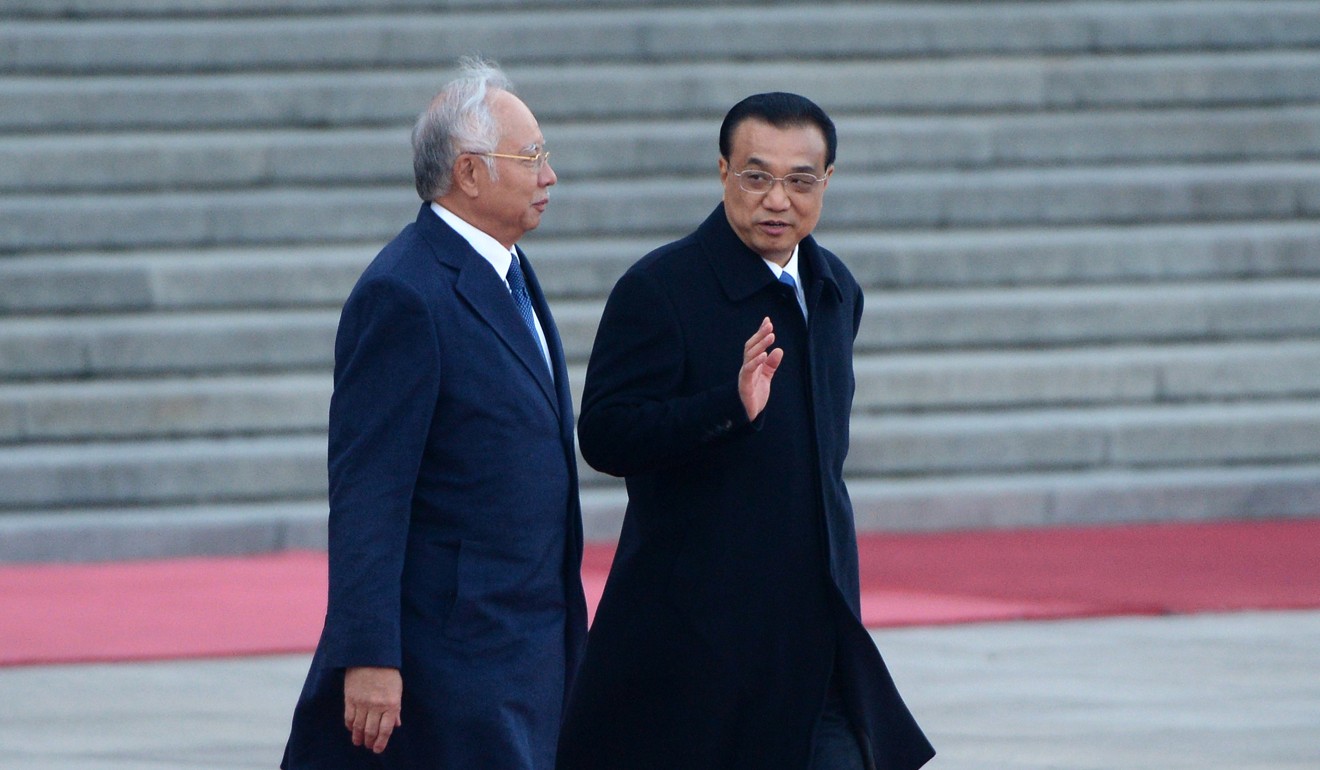
While the misery at 1MDB looks set to continue for some time yet, it is still far from clear exactly what caused the Iskandar-CREC deal to sour.
Malaysian political and economics analyst Professor Hoo Ke Ping blamed the strict capital controls China has imposed since March last year.
In February, China’s central bank said its foreign exchange reserves had dwindled to US$2.999 trillion in January — putting it beneath the key US$3 trillion mark, seen by many analysts as a psychological water mark for Beijing.
China’s tightening grip on its capital controls was evident in April when the Chinese developer of the Forest City real estate project in the Malaysian state of Johor gave refunds to mainland Chinese buyers.
Country Garden Holdings cited the crackdown on capital outflows as the main reason for the refund.
Group vice-president Zhu Jianmin told the South China Morning Post on April 5 that this was what had halted the Forest City sales in China and that buyers who had made down payments were no longer able to transfer the rest of their payments from China.
Whatever the reason for the souring of the Bandar Malaysia deal, Hoo cautioned against exaggerating the loss to Malaysia.
He said there was little need for more property development within Kuala Lumpur as the market for commercial and residential property was oversaturated.
The Bandar Malaysia project was slated to be Malaysia’s transport hub — housing the Kuala Lumpur-Singapore High-Speed Rail, Mass Rapid Transit lines, the Keretaapi Tanah Melayu Komuter alongside the Express Rail Link and 12 major highways.
* With Reuters
- Previous Chinese military base in Djibouti necessary to protect key trade routes linking Asia, Africa, the Middle East and Europe
- Next News Shakedown leads to eight more arrests
You may also like...
Recent Posts
- Japan to install Yonaguni missiles near Taiwan
- View from Western Turkistan: Turkic states at crossroads of US-China rivalry
- Istanbul Şehzade Mosque – the never shading marvel of imperial design
- Syria tries to cooperate with Central Asia
- PM Modi speaks at Israeli Knesset: Netanyahu touched and and has wet eyes
- MALAYSIA: High Court dismisses administrators’ objection in RM1.6bil Genting estate dispute
- JAPAN: China is masking drone flights in potential Taiwan rehearsal
- PM Anwar: World leaders must restore political sanity
- Wazir Khan Mosque showcases Mughal architecture in Lahore
- Mihrimah Sultan Ottoman Mosque in Istanbul reflections
Random news
Views
- North Korea’s New Intermediate-Range Ballistic Missile, the Hwasong-12: First Takeaways - 989 views
- Chinese military base in Djibouti necessary to protect key trade routes linking Asia, Africa, the Middle East and Europe - 985 views
- OIC, 57-nation Islamic body calls US travel ban a ‘grave concern’ - 712 views
- Goods from China start to be shipped by train to Europe: Luxembourg-Chengdu freight train route launched - 681 views
- Kyrgyzstan actively working on start of construction of China—Kyrgyzstan—Uzbekistan railroad - 593 views
- Iran tested medium-range ballistic missile - 556 views
- Why Indians want to have white skin?! Pakistani authors thoughts. Article: The complexion of a new culture - 555 views
- China: Philippines can’t claim Benham Rise - 539 views
- Gabbard allies rush to her defense after Assad meeting - 517 views
- America’s $1.1 Trillion National Security Budget - 339 views
About us

Our Newly established Center for study of Asian Affairs has
branches in Indonesia, Malaysia and Singapore, as well as freelances in some other countries.
For inquires, please contact: newsofasia.info@yahoo.com Mr.Mohd Zarif - Secretary of the Center and administer of the web-site www.newsofasia.net




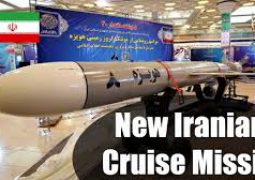

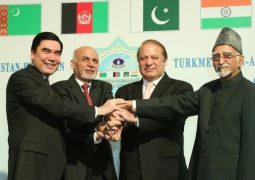
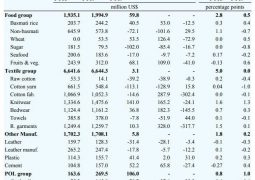
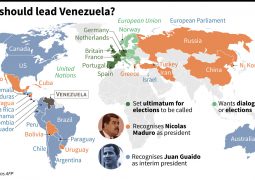


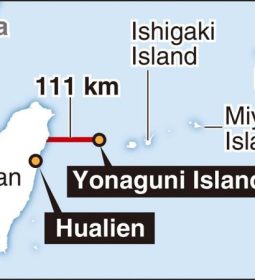
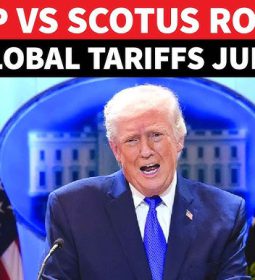
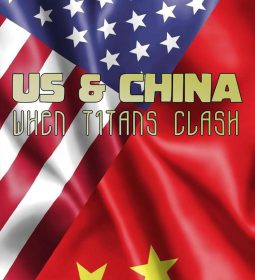

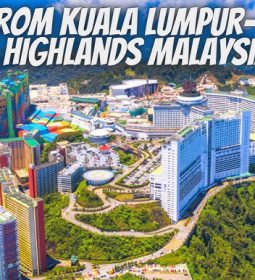
There is more to the saga of Kuala Lumpur’s troubled new business district and transport hub than mere monetary investment
BY SERINA RAHMAN
After the fallout from a scandal at 1MDB, where funds had allegedly been misappropriated, Bandar Malaysia fell under the auspices of TRX City, a wholly-owned subsidy of Malaysia’s Ministry of Finance.
A man walks past a billboard of the troubled Malaysian state fund 1MDB in Kuala Lumpur, Malaysia. Photo: EPA
In December 2015, 60 per cent of Bandar Malaysia was sold to a consortium comprising Iskandar Waterfront City and the China Rail Engineering Corporation (CREC), a Chinese state-owned company, at a signed value of 12.35 billion ringgit (HK$22 billion). This consortium thus became the master developer for Bandar Malaysia. The projected market value of that agreement today, based on the illustrated selling price of 2000 ringgit psf, is 42 billion ringgit.
On May 3, 2017, the contract was terminated by the ministry on the grounds that the consortium had not fulfilled its payment obligations and that it was unable to prove that it had the 1.93 billion ringgit required to move the Sungai Besi airbase.
It was also reported that CREC had not attained the necessary Chinese regulatory approvals. While the consortium disputed these claims, the media added to the confusion by reporting that Arul Kanda, the former Chairman of the Board of Bandar Malaysia and director at TRX City had been removed due to a conflict of interest.
At the same time, Lim Kang Hoo, Chairman and CEO of Iskandar was said to have fallen out of favour with the government due to his efforts to appeal to Chinese officials for their support. It was then announced that the 7.41 billion ringgit deposit paid by the consortium had been returned, paving the way for new invitations for investors in Bandar Malaysia.
Wang Jianlin, owner of Dalian Wanda Group, has been approached by Malaysian Prime Minister Najib Razak regarding Bandar Malaysia. Photographer: Jason Alden/Bloomberg
While in China for the Belt and Road Summit, Malaysian Prime Minister Najib Razak met with Wang Jianlin, the owner of Dalian Wanda Group, China’s largest real estate developer, and exhorted their ability to bring ‘something extraordinary’ to Bandar Malaysia.
There was no signed confirmation of Dalian Wanda’s commitment to the project. After meeting China’s President Xi Jinping, Najib clarified that the development model would change, with the ministry retaining ownership of the land and possibly more than one Chinese entity involved.
But there is more to this than a mere monetary investment. Chinese contributions to Bandar Malaysia may come with a caveat for the High Speed Rail contract. With Singapore involved in the HSR, an open tender for the job will be expected; Japan has recently upped its bid with promises to ensure local business involvement and development. With the Malaysian elections looming, any episode can be used and/or abused for political positioning and possible electoral gain.
As we await further updates on this ongoing saga, several questions arise. What will be the real cost of ensuring that the Bandar Malaysia project takes off? Will any of this have any impact on Johor and the business associates behind Iskandar? How will the value of the project change given the new investment model and how accurate will that value be? The next few weeks may reveal the new investment arrangements for Bandar Malaysia, but the answers to these larger questions may not be so easily found.
Serina Rahman is visiting research fellow under the Malaysia programme at the ISEAS-Yusof Ishak Institute in Singapore